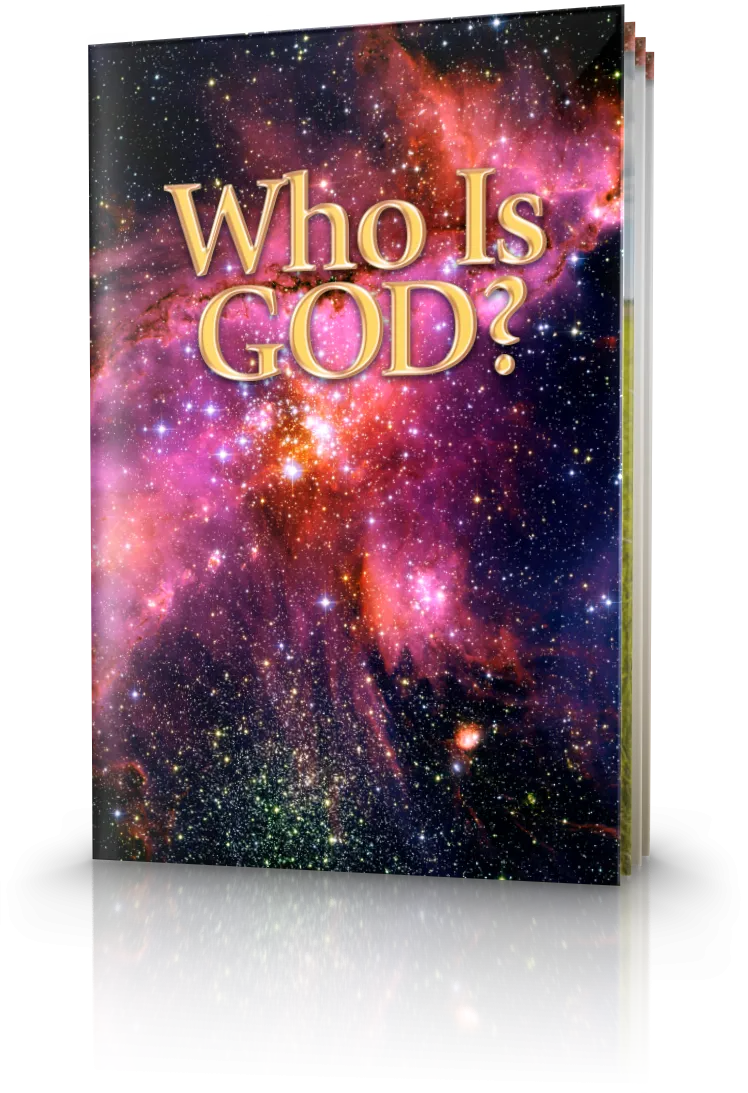The Plurality of God

Throughout Scripture we come back to the reality that God has chosen to express His personal nature in terms of a family relationship.
Elohim is the Hebrew word for God in every passage of Genesis 1 as well as in more than 2,000 places throughout the Old Testament.
Elohim is a noun that is plural in form but normally singular in usage—that is, paired with singular verbs—when designating the true God. For a comparable modern expression, consider the term United States. This proper noun is plural in form but singular in usage. It is used with singular verbs. For example, Americans say, "The United States is going to take action," not "The United States are going to take action." The plural form does signify multiple states—but, taken collectively, they are viewed as one nation.
It is the same with Elohim. The word Eloah, meaning "Mighty One," is the singular form. Elohim, meaning "Mighty Ones," is plural. And, indeed, there are two Mighty Ones, the Most High and the Word. But, collectively, as Elohim, the two are seen as one God. Elohim said, "Let Us make man in our image, according to Our likeness" (Genesis 1:26).
We should note that since Elohim is the name of the God family, each family member can be called by this name. (Some Bible writers also use the word elohim as a plural noun with plural usage to describe false gods. So one crucial factor in comprehending the meaning of this Hebrew word is determining what is intended by the context.)
When Adam and Eve made the momentous decision to disobey their Creator by eating of the fruit God had forbidden them to eat, the divine reaction was, "Behold, the man has become like one of Us, to know good and evil" (Genesis 3:22). And God cut them off from the tree of life (Genesis 3:22-24).
The Hebrew word here translated "know" often means to learn or become aware of something through one's personal experience. For Adam and Eve it was not enough to simply accept God's command to not eat of the tree of the knowledge of good and evil. They instead chose to step into God's place and determine for themselves what was good and what was evil. The psalmist notes that the ungodly question God's knowledge: "And they say, 'How does God know? And is there knowledge in the Most High?'" (Psalm 73:11).
The phrase "one of Us," we should note, provides clear evidence that more than one constituted the "Us." Moreover, to "become like one of Us" was actually our Creator's original intention for all humanity, but it must be done God's way and in His own time frame. That way is to submit ourselves to every word that proceeds from the mouth of God (Matthew 4:4).
Only our Creator has the right and wisdom to determine what is good and evil for us. He knows what's best for us and never wanted us to learn what is evil through experimentation. He tells us, "The law of the Lord is perfect, converting the soul; the testimony of the Lord is sure, making wise the simple; the statutes of the Lord are right, rejoicing the heart; the commandment of the Lord is pure, enlightening the eyes" (Psalm 19:7-8). He wants us to trust Him and His judgment.




